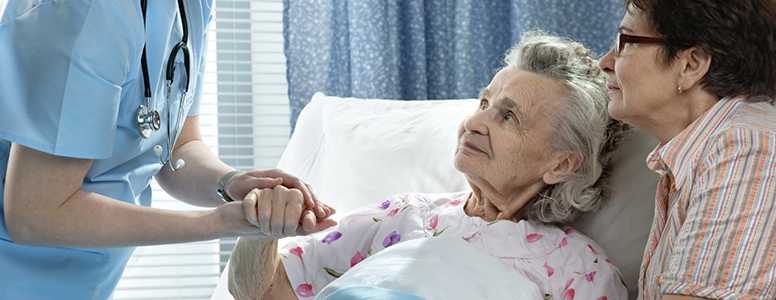More than 5,000 people have died as a result of the earthquake that struck Nepal on Saturday 25 April. The earthquake, which measured 7.8 on the Richter scale, has caused widespread destructio, leaving thousands homeless and trapped.
Amid the many problems facing Nepal, people with diabetes who are dependent on insulin have been left without vital treatment. Insulin needs to refrigerated and stored under particular conditions, and the damage caused to the infrastructure of Nepal makes it especially difficult to supply insulin to insulin-dependent people with diabetes.
On 28 April, Indian Minister of State and Professor of Diabetes and Endocrinology Dr. Jitendra Singh, announced that 75,000 vials of free insulin will be sent to Nepal. The provisions, which include short-acting, long-acting, and mixed insulin, are supported by Novo Nordisk India.
Historically, India and Nepal have had close links when it comes to diabetes, both in terms of providing research and in the treatment of diabetes.
Dr. Singh has stated that more insulin and other medical supplies will be available to Nepal if needed. He also implored other countries to join India in contributing to the supply of vitally important medical supplies to Nepal.
“We would like to express our heartfelt support to all the people in Nepal who have been impacted by the devastation caused by the earthquake. While the damage and destruction has made living in Nepal a challenge for its citizens, people with diabetes in Nepal are further impacted by difficulty in procuring medications,” said Melvin D’souza, General Manager of Novo Nordisk India.
“In this time of dire need, we would like to contribute work to the relief work of the Indian government by donating 75,000 vials of insulin for the benefit of people in Nepal who need to take insulin.
“We are committed to changing diabetes and we believe it is our responsibility to address critical humanitarian needs in the time of crisis.”
Please click on the following link to donate the Nepal Earthquake Appeal through the Disasters Emergency Committee.
What's new on the forum? ⭐️
Get our free newsletters
Stay up to date with the latest news, research and breakthroughs.







